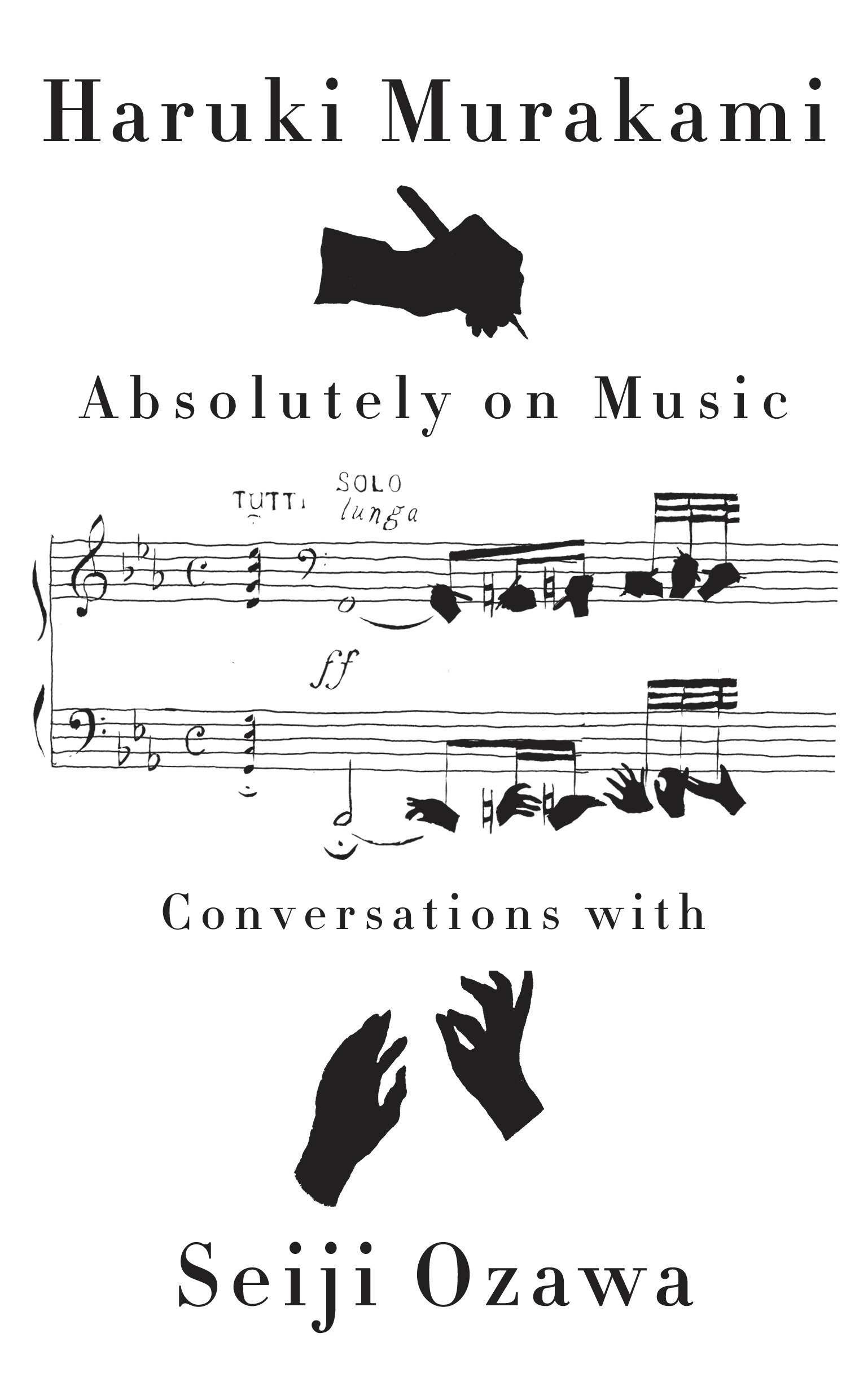Book Review - Conversations with Seiji Ozawa by Haruki Murakami
April 05 2020Absolutely on Music, Conversations with Seiji Ozawa by Haruki Murakami is a series of conversations on classical music between the great conductor Seiji Ozawa and Haruki Murakami. I hadn’t heard of Marukami before finding this book, but he is an excellent writer. While Murakami doesn’t have any classical training, he has very deep observations and he is a true fan of classical music. The conversation is much more balanced than I would have anticipated. I thought this would be more just a way for Ozawa to recount his life stories, but Murakami more than holds his own in the classical conversations.

This is a series of conversations on classical music between the great conductor Seiji Ozawa and Haruki Murakami. I hadn’t heard of Marukami before finding this book, but he is an excellent writer. While Murakami doesn’t have any classical training, he has very deep observations and he is a true fan of classical music. The conversation is much more balanced than I would have anticipated. I thought this would be more just a way for Ozawa to recount his life stories, but Murakami more than holds his own in the classical conversations.
Seiji Ozawa is not a conductor that I have spent any real time thinking about. I am of course aware of him as the long-time music director of the Boston Symphony Orchestra. Ironically, I thought he was an expert in French music because he had recorded a bunch of it with the BSO and also with the Orchestre de Paris. It turns out that Ozawa actually was a disciple of Karajan and very much rooted in German music (Brahms, Beethoven, etc.) as the foundation.
One really interesting thing that they discussed is the sound and quality of orchestras. Ozawa mentioned that his approach was entirely different with the BSO vs. when he would conduct other orchestras. More time was spent “training” them. I interpreted that to mean focusing on specific phrasing, balance, tonal quality, and perhaps even intonation. Probably a lot of it was building out specific repertoire. I have always had the impression that the BSO has a polished sound, with great ensemble and lush strings. Some of that is touched on in the book.
They talk about Mahler for quite some time, but unfortunately, the conversation only scratched the surface. Most of it was on the change in how people (and musicians) perceive Mahler. An interesting point that Ozawa makes is that Mahler was not just championed by Bernstein in the early days, but also by the musicians themselves. Musicians loved to play Mahler because it was personally challenging and satifsfying. They also discuss Mahler as a singularly unique composer, who did not follow the German line (Beethoven -> Brahms -> Strauss) but also did not have anything to do with the new schools (such as the twelve-tone music of Schoenberg and Berg).
I have always felt that Mahler sat at the edge of both worlds. I think there is quite a bit of inspiration that Mahler took from Germanic romantic music, particularly the lush melodies and some of the programmatic themes. But what sets Mahler apart is his ability to seamlessly integrate in atonal and often polyphonic music, and somehow have that enhance the gorgeous melodies. There are very few composers that have been able to successfully do that. Other than Mahler, only Prokofiev, Shostakovich (sometimes), and Ravel (even more rare) have done it, in my opinion.
My one criticism of the book is that the conversations are actually not deep or detailed enough. The first conversation is about Glenn Gould and the Beethoven Piano Concerto No. 3. They compare his recording with Karajan against a later recording with Bernstein. They then bring in other pianists into the conversation (Rudolf Serkin, Mitsuka Uchida). They point out major differences (in tempi, dynamics, style, etc.). But too often, the descriptions when it comes to style are generic (i.e. this is so free, vs. this is so tight). I wish they would describe in more detail exactly what they heard to come to that assessment. Of course, a lot of listening to music and particularly listening to style is about explaining the effect that it has on you as a listener.
The other area that I would’ve loved to see more is for Ozawa to be a little more open. He brings up many people that he worked with. But he actually reveals very little about his working style or his beliefs on music. He sometimes worries that he might be revealing “trade secrets”, but what he reveals ultimately seems very benign (one example is that conductors will already have started studying the next program while still in the middle of conducting the current concert cycle).
At a minimum, reading this book will encourage me to seek out and listen to more of Ozawa’s recordings, particularly the German stuff and the Mahler recordings.
comments powered by Disqus